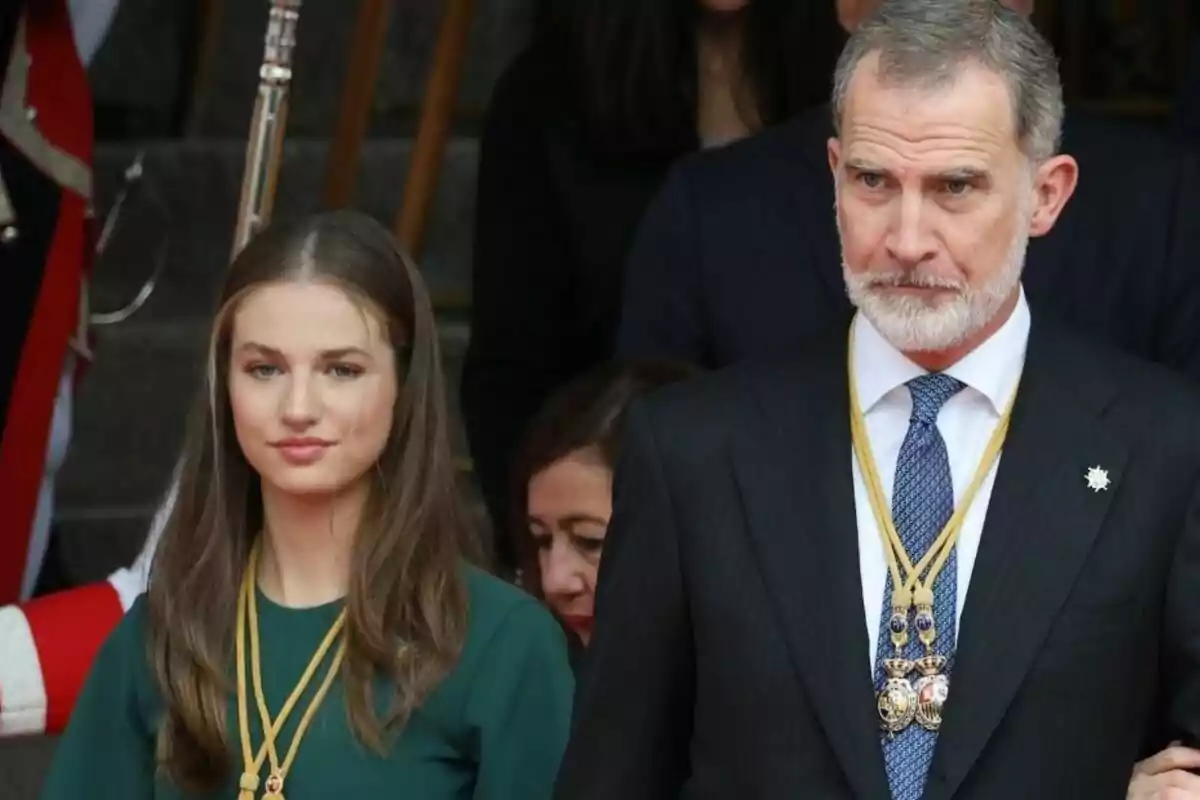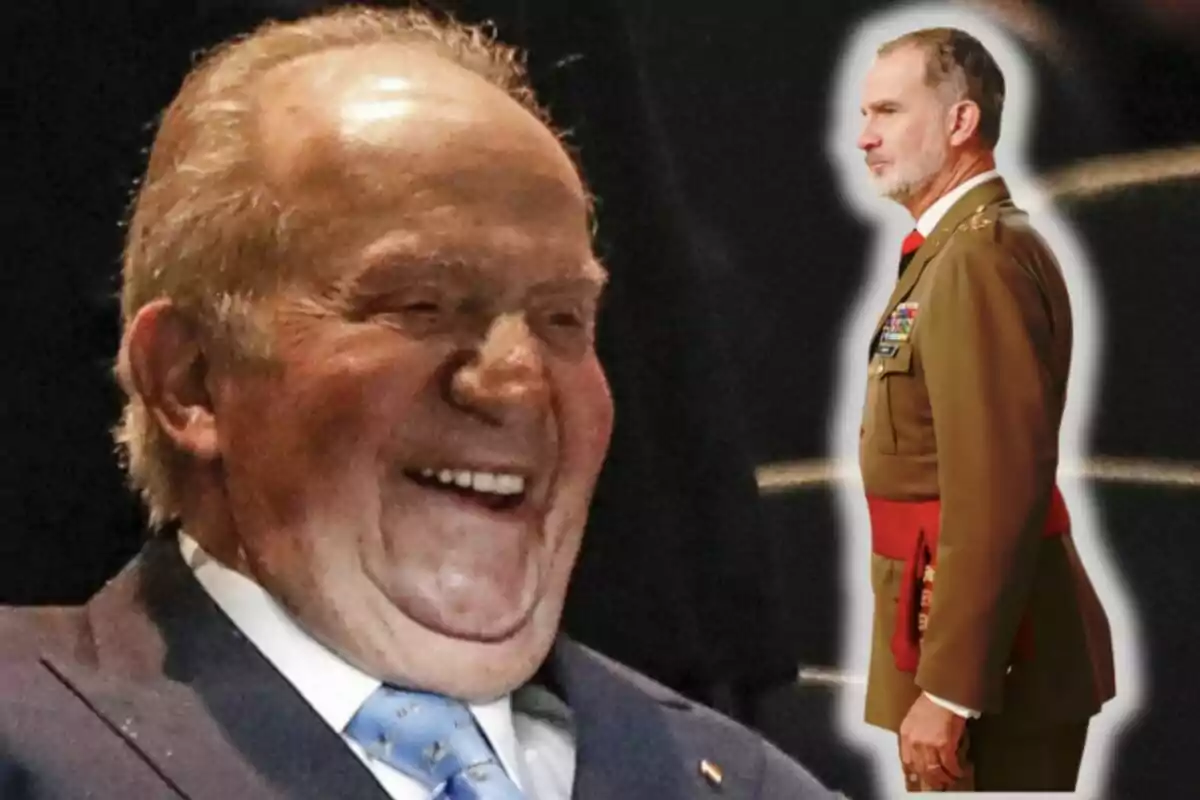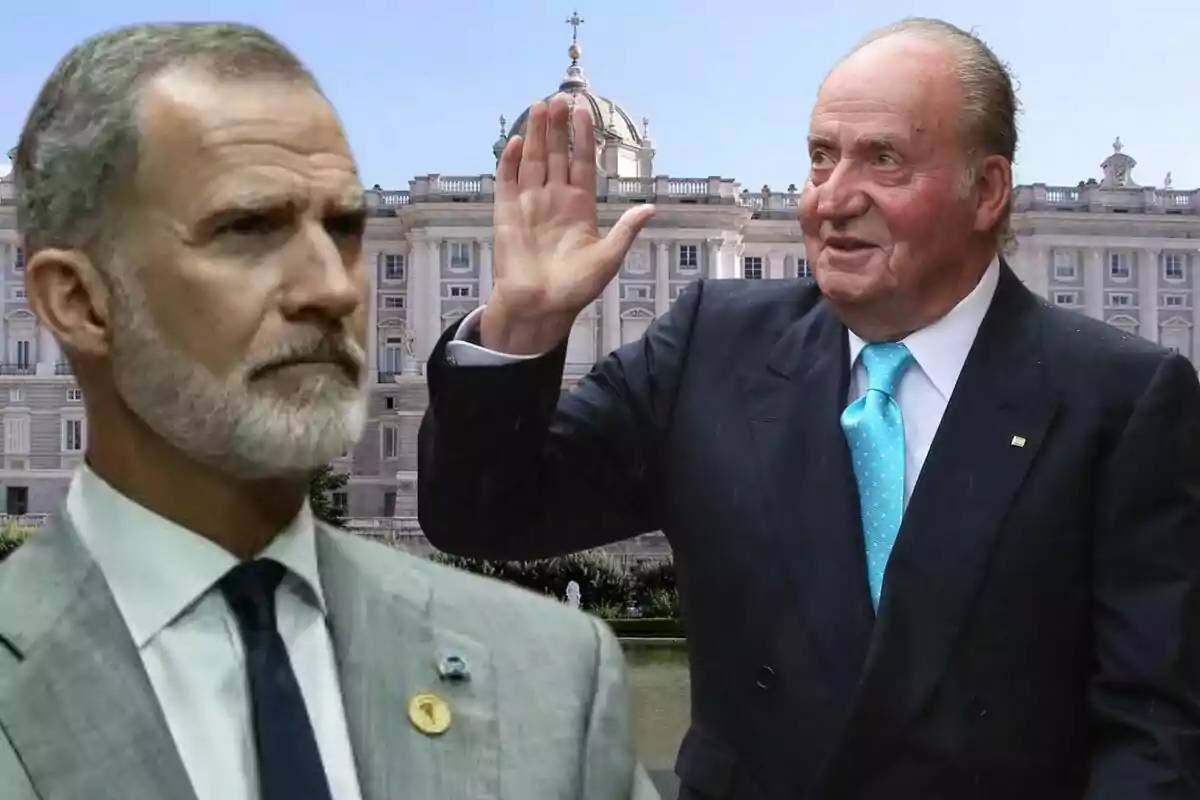For weeks now, the rumor has been circulating in institutional circles: Felipe VI would be quietly pushing for the return of Juan Carlos I. It's not just family nostalgia. Behind it lies a complex strategy, driven by medical urgencies and carefully weighed political pressure.
Confidential meetings with former presidents
The starting point of this operation is four secret meetings between the monarch and Felipe González, José María Aznar, José Luis Rodríguez Zapatero, and Mariano Rajoy. According to sources, each conversation addressed the unrest within PSOE—centered on the Santos Cerdán case—and, in parallel, the return of the emeritus king. The meetings are held under strict secrecy. Confidentiality prevents leaks and allows alternatives to be explored without compromising either the Palace or Moncloa.
Health condition that hastens decisions
At 87 years old, Juan Carlos I faces advanced osteoarthritis that limits his mobility, as well as the onset of mild cognitive decline. Doctors consulted warn of increasing episodes of confusion and dependency. This combination of factors would have led Felipe VI to promise his father that he could return in the event of a high-risk surgery or a terminal condition—although there is no official confirmation of these scenarios. The biological clock is ticking, and the emeritus king's health is increasingly fragile.

Positions of the former presidents
The four figures consulted haven't shown public reluctance. Each one keeps their stance, but privately none close the door to the return. That caution is valuable for Felipe VI. He knows he needs political support to avoid another institutional earthquake. It's clear that no one in that circle is taking a strongly oppositional stance. Thus, he seeks social and political legitimacy before taking any step.
Stability of the Crown
The figure of Juan Carlos I remains controversial. Financial scandals and controversial relationships—such as those linked to Corinna or Bárbara Rey—have damaged his reputation. However, for many he remains a symbol of the Transition, a key figure in the consolidation of democracy. Felipe VI aims to recover that legacy without reopening old wounds.
The move to Portugal: behavioral interlude
Meanwhile, the emeritus king would be preparing for his next destination. There are negotiations for his permanent move to Portugal—possible residences in Cascais or Estoril—which softens his absence from Spain. This move would serve to buy time and regain support without directly compromising the figure of the reigning king.

Return: much more than a family matter
The battle for Juan Carlos I's return is not just a family matter. It's a political maneuver. Felipe VI is moving pieces cautiously to build a favorable environment. The objective is clear: to reconcile past and present without undermining the credibility of the Crown. But will there be a consensus that allows for that return without institutional cracks?
Felipe VI is acting decisively, combining political pressure, medical urgencies, and media strategy. He faces a delicate challenge: to bring back the emeritus king without distancing himself from the modernization his own figure represents. Time and discretion will determine whether this operation is reversible or irreversible.

